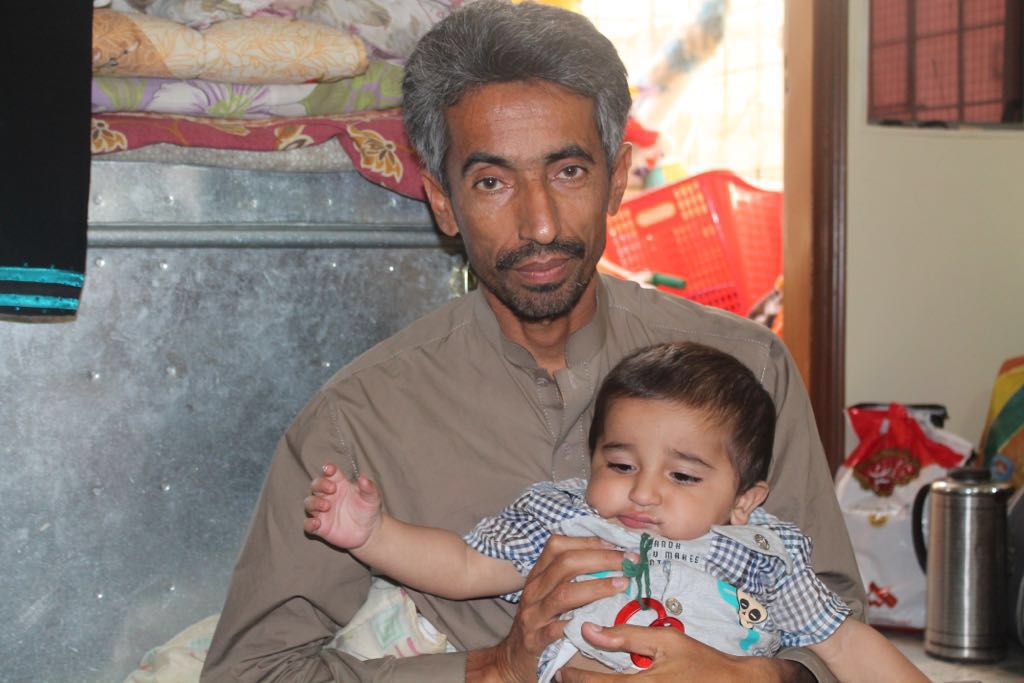When I was the Senior Joint Secretary of the Baloch Students Organization-Hai (BSO-Hai), I had to visit the Makran region for an organizational tour.
I first travelled from Quetta to Turbat on a passenger coach where I called a meeting of the Senior Body of the BSO at the Turbat college hostel.
My second stop was Tump, the second major zone of the BSO-Hai in the region. I was with Niyaz Baloch, a student of Karachi University, Lateef Baloch of Turbat zone who is now law practitioner, and Ali Ahmed from Khuzdar.
We had been advised by Mola Bux and Abul Hassan of the Balochistan National Movement (BNM) to stay the night at Dr Barkatullah’s house in Gomazi. The next day, we went to the Tump town.
At a local tea house, I saw my ex-college fellow Ibrahim Baloch sitting on a mat spread on the ground. Some senior teachers of the Tump High School were also there. If I remember correctly, Basheer Bedar, a Balochi poet and the then headmaster of the Tump school was in presence.
Dr Hai’s party, the Balochistan National Movement (BNM), was partner in the coalition government in Balochistan. Therefore, most of the local workers were expressing their disappointment with the party. As the BSO was a supporter of the party, everyone was talking about the corruption of Dr Malik, the then Minister of Education.
At that time it was talk of the town that Dr Malik had allotted billions of rupees for supposed constructions of schools in Kech but these ghost schools were present just on the paper. It was a very technical type of corruption.
Several teachers and students were participating in the discussion. When our discussion ended, I saw a slim man sitting in the corner of the tea shop.
He was calm and quiet. I asked Sadiq Baloch who was that man. He told me he was Noor Ahmad, a teacher from Pullabad, Tump.
After the discussion when we stood up to leave, the slim man asked us in his low-pitched voice: “If it suits you, come with me for lunch.”
I did not know him then.
When Shaheed Dr Khalid Baloch was doing his masters in anesthesia at the Jinnah Postgraduate Hospital, I once visited him at his room. I saw Noor Ahmed Baloch sitting there, calm and quiet as usual. It was the first time I came to know him properly.
Dr Khalid introduced Noor Ahmed as his relative in law. He said Noor Ahmad was a thorough gentleman and a dedicated schoolteacher.
When I was shifted to the Turbat central jail, one day a jail guard told me a family had come to visit me.
It was Noor Ahmad along with his sister, the mother of Karima Baloch. Noor Ahmed asked me about my health but he was otherwise silent. Wherever I met him, I found him quiet.
When I read the news that a schoolteacher named Noor Ahmad had been abducted the day before I wondered how many lashes and how much mental torture this slim quiet man could bear.
He must have remained silent even during his interrogation in the torture cell. It was his silence that made his captors to torture him to death.
He became a martyr because of his silence. Historians will keep talking about this silent man.



